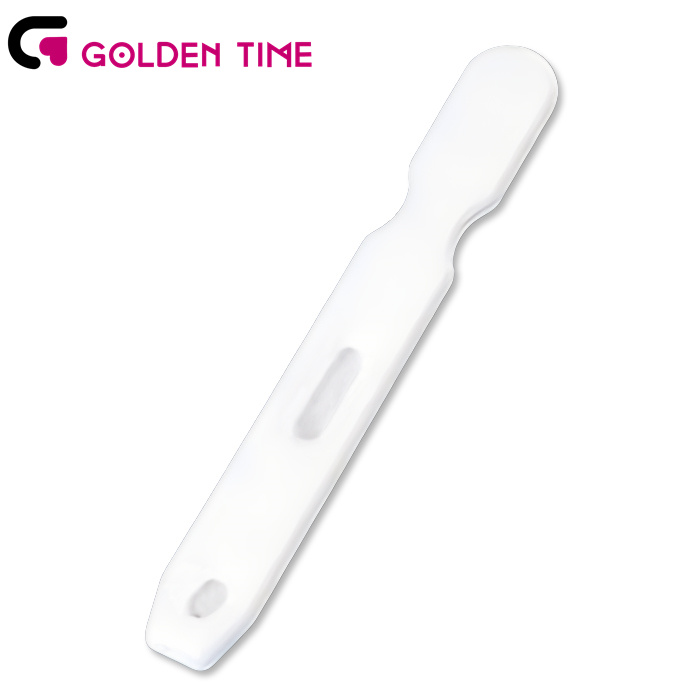Nov . 07, 2024 07:38 Back to list
Wholesale Pricing for Dengue Test Suppliers Analysis and Insights
Understanding the Wholesale Price of Dengue Test Suppliers
Dengue fever, a mosquito-borne viral infection, has emerged as a significant public health challenge in tropical and subtropical regions of the world. The increasing incidence of dengue has created a high demand for reliable diagnostic tools, including dengue test kits. As the demand for these tests rises, the wholesale prices set by suppliers have become a crucial consideration for healthcare systems, laboratories, and public health organizations. This article delves into the factors influencing the wholesale price of dengue test kits and the implications for public health.
Overview of Dengue Testing
Dengue testing typically involves serological and molecular diagnostic methods, which can include enzyme-linked immunosorbent assays (ELISA), rapid diagnostic tests (RDTs), and polymerase chain reaction (PCR) tests. Each method varies in sensitivity, specificity, and turnaround time, catering to different clinical needs. The cost of these test kits can vary significantly based on the technology used, the manufacturer, and the scale of production.
Factors Influencing Wholesale Prices
1. Manufacturing Costs The production process of dengue test kits involves various expenses, including raw materials, labor, quality control, and regulatory compliance. High manufacturing costs can lead to higher wholesale prices. Suppliers that invest in high-quality materials and advanced manufacturing processes may offer more reliable and accurate tests, justifying a higher price point.
2. R&D and Innovation Companies that engage in extensive research and development (R&D) to enhance the accuracy and usability of dengue tests often incur substantial costs. These companies typically recoup their investments through the pricing of their products. Innovations such as point-of-care testing and simplified user interfaces can elevate prices but also improve patient outcomes by facilitating faster diagnoses.
3. Market Demand and Competition The demand for dengue testing fluctuates based on seasonal outbreaks and geographic prevalence. Suppliers must adjust their pricing strategies according to market demand. In regions heavily affected by dengue outbreaks, the demand for tests can spike, leading to increased prices. Conversely, competition among suppliers can drive prices down, benefitting end-users and healthcare providers.
wholesale price of dengue test suppliers

4. Regulatory Framework The regulatory environment can significantly impact the cost structure of dengue test kits. In many regions, suppliers must obtain certifications from health authorities to ensure their products meet safety and efficacy standards. These regulatory requirements can increase costs for manufacturers, which may be passed on to consumers through higher wholesale prices.
5. Distribution and Logistics The transportation and distribution of dengue test kits also contribute to their wholesale prices. Factors such as shipping costs, customs duties, and supply chain inefficiencies can affect final pricing. Suppliers that streamline their logistics operations may achieve lower costs, potentially offering more competitive wholesale prices.
Implications for Public Health
The wholesale prices of dengue test kits have far-reaching implications for public health strategy. High prices can restrict access to necessary diagnostics, particularly in low-resource settings where dengue prevalence is often highest. On the other hand, competitive pricing spurred by multiple suppliers can enhance accessibility, enabling timely diagnoses and appropriate treatment.
Furthermore, the pricing structure can influence healthcare policies and budget allocations. Governments and health organizations need to consider cost-effective options for diagnostic testing, especially during dengue outbreaks, to enhance response strategies. Collaboration with various suppliers can help optimize the procurement process, ensuring that tests are both affordable and available when needed.
Conclusion
The wholesale price of dengue test kits is shaped by various factors, including manufacturing costs, market dynamics, regulatory frameworks, and logistic challenges. Understanding these factors is essential for healthcare stakeholders as they navigate the complexities of dengue diagnostics. Striking a balance between cost and quality will be crucial in ensuring that accurate and timely dengue testing is accessible to vulnerable populations worldwide. As we continue to face the threat of dengue fever, a collaborative approach among suppliers, healthcare providers, and public health organizations will be essential in addressing this ongoing public health issue.
-
Rapid Canine Corona Test: Fast & Accurate Results
NewsAug.06,2025
-
Rapid BZO Test Kit - Fast & Accurate Benzodiazepines Detection
NewsAug.04,2025
-
China Nylon Flocking Swabs - AI Enhanced Quality Collectors
NewsAug.03,2025
-
Highly Accurate hCG Pregnancy Test Strips - 5 Min Results
NewsAug.02,2025
-
Premium Empty ABS Plastic Cassettes: Durable & Lightweight Storage
NewsAug.01,2025
-
Accurate Cocaine (Coc) Rapid Test Kit | Fast & Reliable Detection
NewsJul.31,2025

